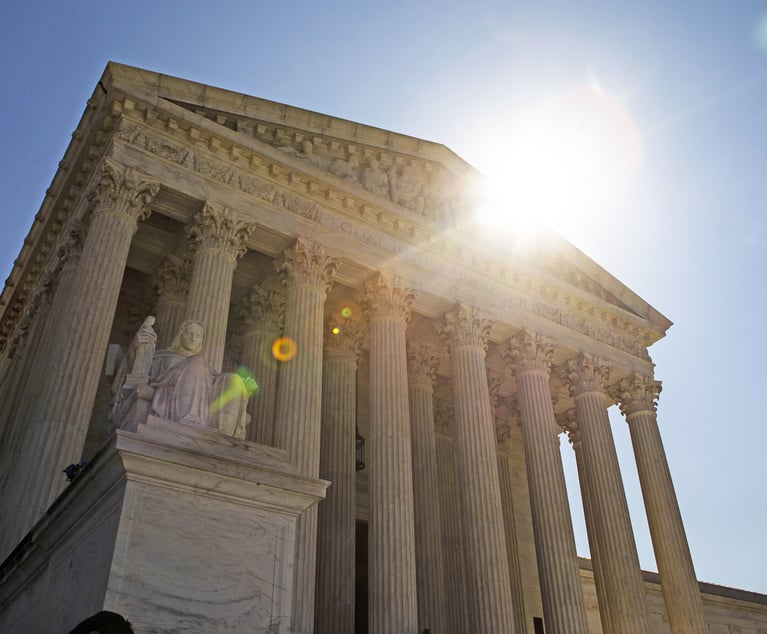The tort of conversion arises from the exercise of dominion over, and the exclusion of, a lawful owners’ rights of possession of their property. Conversion historically involved tangible personal property. With the increasing prevalence of property and technology that is intangible but just as real and valuable as tangible property, an issue arising with increasing frequency in commercial litigation is whether such intangible property can be the subject of a conversion claim. While the traditional view is that it cannot, case law recently has provided some exceptions. Notably, conversion can protect intangible property where it is manifested in some physical form. We explore below this expansion of conversion claims to cover intangible property.
Tort of Conversion
Under New York law, conversion is defined as the “unauthorized assumption and exercise of the right of ownership over goods belonging to another to the exclusion of the owner’s rights.” State v. Seventh Regiment Fund, 98 N.Y.2d 249 (2002) (citation and internal quotation marks omitted). The Court of Appeals has stated that there are two key elements of conversion: “(1) plaintiff’s possessory right or interest in the property and (2) defendant’s dominion over the property or interference with it, in derogation of plaintiff’s rights.” Pappas v. Tzolis, 20 N.Y.3d 228 (2012).


 Thomas J. Hall and Judith A. Archer
Thomas J. Hall and Judith A. Archer




